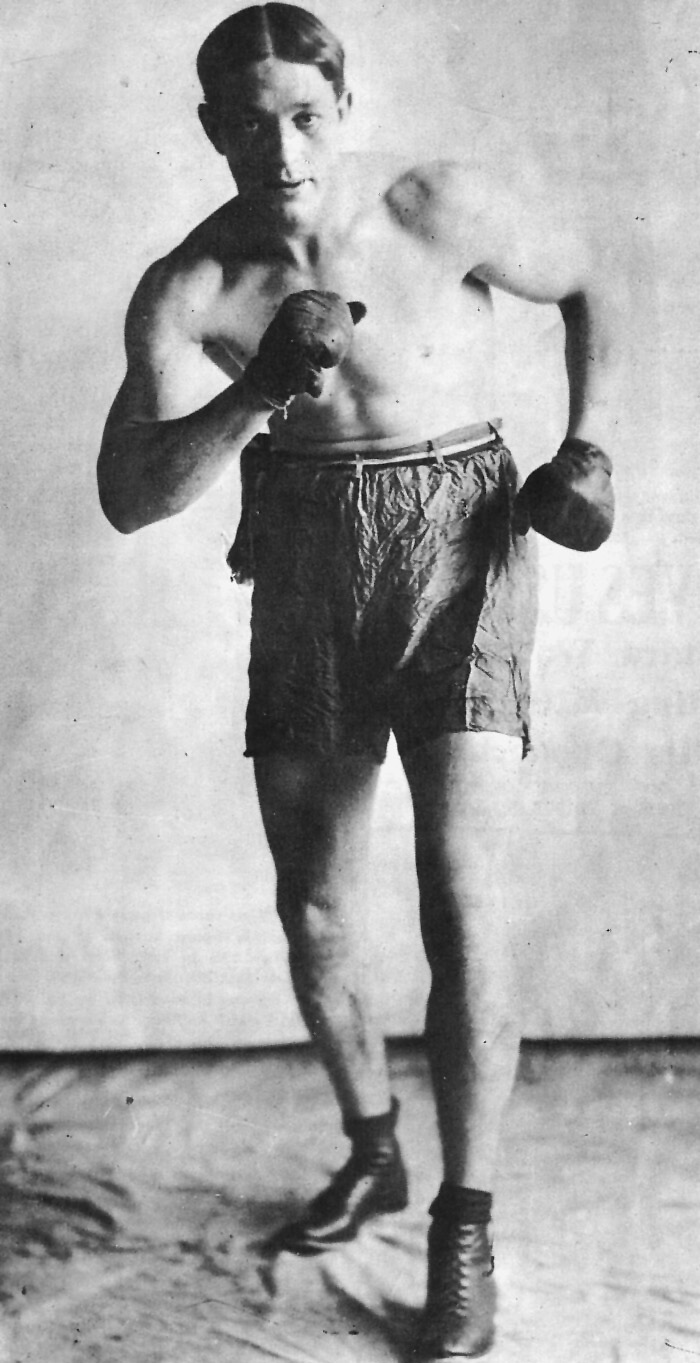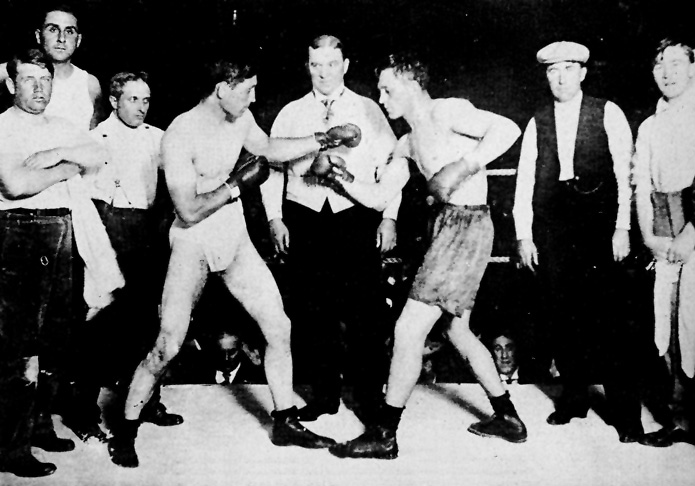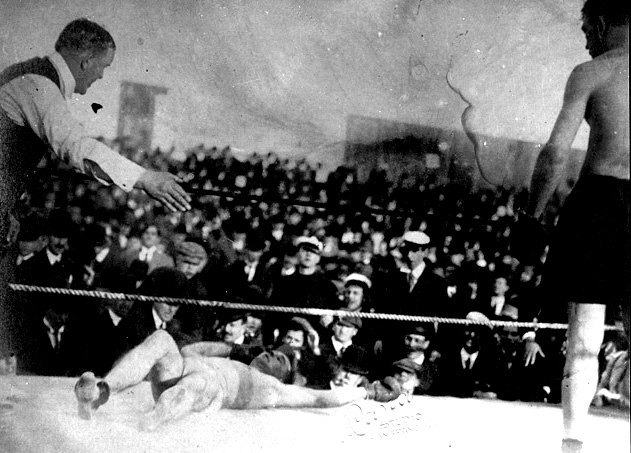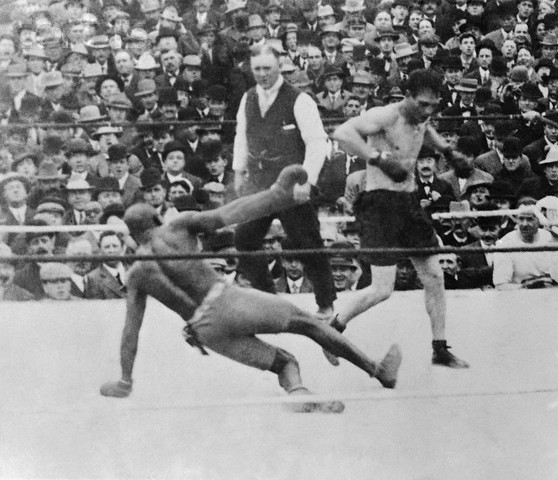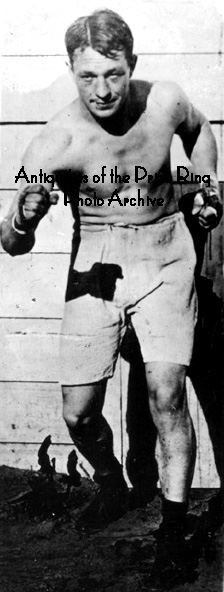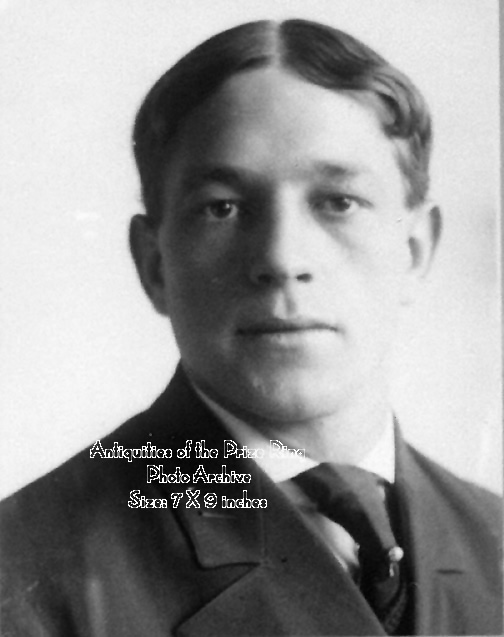
Stanley Ketchel
was a dynamic, hard swinging warrior who attacked his foe relentlessly
until he gunned him down. His punches came from the right side or the
left, any angle - each as dangerous as the other - with his "true baby"
being his booming right hander. He was rather crude as a boxer but the
all-out pressure he applied was so intense that sooner or later the most
talented of boxers would make a false move and that would spell
disaster.
For years, Ketchel was the criterion by which middleweight fighters were
judged. "Whenever a young, brash, hard-hitting fighter appears on the
boxing scene, one who exudes confidence and shows no fear of any rival,
someone is certain to refer to him as the reincarnation of Stanley
Ketchel" (DeCristofaro 1982 p 29).
